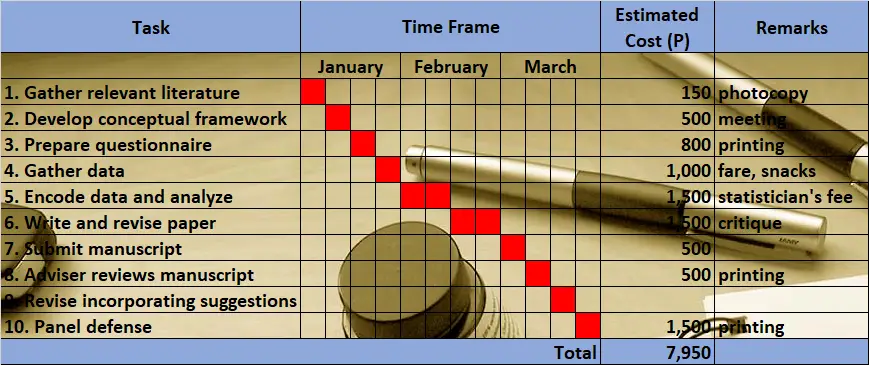Plain and straightforward tips on how to come up with great research topics. Read on to find out.
Students often come to me and ask what research topics would be worth pursuing to fulfill their course requirements. I always refer them to the university’s research agenda as it defines what the country needs to realize the goals of sustainable development. The university’s research agenda is broad enough to cater to everyone’s interest, but there is a need to bring this down to a level that one can practically pursue in the field.
Recognizing the need to narrow down further the research topic to make it doable, I usually ask my students two questions that will guide them in selecting a research topic and start off their research venture with greater confidence.
Two Questions to Identify Great Research Topics
I ask the following questions to help students find their way in the maze of topics they find particularly when they are online. These questions assist them to arrive at great research topics that are practical and doable.
1. What research topic strikes your interest?
This question is easier answered if a student is a masters degree candidate. But for undergraduate students who do research by groups, selecting great research topics that represent the group’s interest is a bit tricky. A few confident undergraduate students would tell me that they would like to do their research by themselves because of this concern. But I convince them that the investigation is better done in groups considering the multi-disciplinary nature of current research interests. And doing research in groups help them develop desirable values such as cooperation, unity, punctuality, and generosity as they interact with each other.
Hence, there is a need for the members of the group to spend time together to discuss and come up with a topic that will represent everyone’s interest. A mind mapping activity can best capture ideas concepts and let the group see their options better.
2. How much time and money can you allocate to your research?
Sometimes, students tend to undertake projects that are beyond their means to perform as well as fund. Thus, I ask them to prepare a work and financial plan so that they can define the tasks to do, the time required for it, and the associated costs of the activity.
I show a simple work and financial plan below that can help students manage their time, effort, and finances.

After having an idea of the cost involved in carrying out the study, students will now be in a better position to decide if they are willing to incur such expense. This approach prevents unexpected expenses that may be beyond the capacity of the students to fund thus avert cost overruns.
If the research topic entails expenses that are way beyond the capacity of the group to fund, then the rational option is to find another topic that won’t cost an arm and a leg.
Simple tips like this make life easier for many students.
©2016 April 5 P. A. Regoniel
